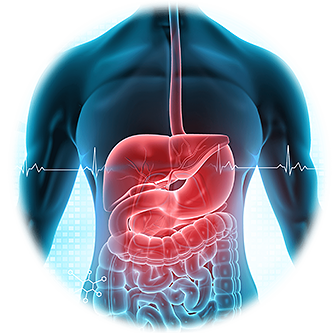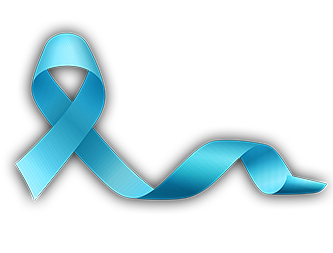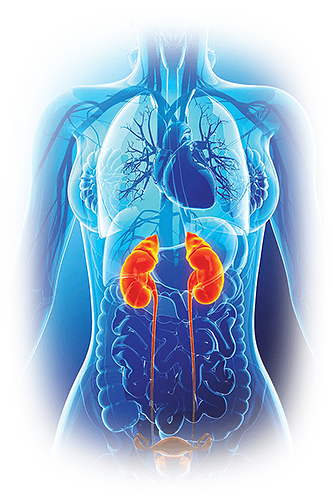Login
For Clinician Providers
For Clinician Providers
For Patients
Testing for Food Allergies
Think certain foods might be giving you or your child trouble? Allergy testing can help you figure out what’s going on.
See a board-certified allergist. First, he’ll ask you questions about what you think you’re allergic to and your symptoms. Sometimes that’s enough to pinpoint the problem food, or he may suggest some tests.
Allergy testing can help your doctor find out what you’re allergic to, but it’s not foolproof. After your tests are done, you’ll need to work with him to get the right diagnosis.
Skin Testing or Skin Prick Test
Skin testing is the most common and quickest food allergy test. Your doctor can test you for several foods at once.
First, he’ll puts a small drop of liquid containing the food on your skin, and pricks it. Then he’ll watch for a reaction — a small bump that may get red like a mosquito bite.
If your skin reacts, you’re probably allergic to that food. Your doctor can talk with you about other treatment options. If you don’t react, you’re probably not allergic to it.
Blood Tests
Your doctor will take a sample of your blood and expose it to different allergens. You won’t learn the results right away. This test is usually sent to a lab, and results could take a week or more.
Doctors don’t use it as often. They may use it if they have an idea of what you’re allergic to. That way, you don’t have to be exposed to what may be the cause.
Neither skin nor blood tests can accurately predict how severe a food allergy reaction may be.
Controlled Food Challenge
Doctors don’t do this test often, because it’s dangerous for people with severe food allergies.
When is it useful? To confirm a skin or blood test, or to see if a child has outgrown an allergy. It can be used to eliminate a specific food from the list, too. Why? Sometimes your skin might react to a food, but you wouldn’t have symptoms if you ate it.
If a blood test doesn’t find out what’s triggering your symptoms, a controlled food challenge can help sort out the cause.
For this test, you’ll go to your doctors’ office or a hospital. That way you can be watched closely in case you have a severe allergy attack.
Your doctor will give you food samples and watch for a reaction. Or you may take capsules — some with an allergen in it, some without. That way the doctor can be sure it’s the food causing the reaction.
Never try this type of test on your own, because it can cause a serious reaction.



